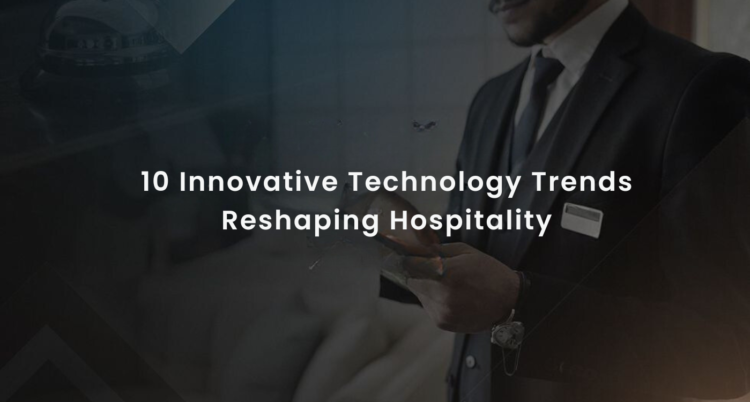In an era marked by rapid technological advancements, the hospitality industry finds itself at the forefront of innovation. From the moment a guest books a room to the time they check out, technology has become an integral part of the entire guest experience. It’s not just about convenience; it’s about redefining the way guests interact with hotels, restaurants, and travel services.
In this article, we’ll explore ten innovative technology trends that are reshaping the hospitality landscape, offering new ways to enhance guest satisfaction, streamline operations, and stay ahead in a highly competitive industry. From artificial intelligence to contactless check-ins and sustainable practices, these trends are driving the industry toward a more efficient, personalized, and sustainable future. Join us on this journey through the cutting-edge innovations that are transforming the way we experience hospitality.
What are hospitality technology trends?
Hospitality technology trends encompass innovations that enhance guest experiences and streamline operations. Examples include contactless check-ins, where guests use mobile apps for reservations and room access; artificial intelligence-powered chatbots for instant guest queries; Internet of Things (IoT) devices that enable smart rooms with voice-activated controls; data analytics to personalize guest services and optimize pricing; sustainability initiatives like energy-efficient lighting; robotic assistants for housekeeping and room service; and biometrics for secure check-ins using facial recognition. These trends reflect the industry’s commitment to tech-driven efficiency, safety, and memorable guest experiences.
What are the latest hospitality trends?
-
Artificial Intelligence (AI) and Machine Learning

Artificial Intelligence and Machine Learning are spearheading an era of unprecedented personalization and efficiency in the hospitality industry. Chatbots and virtual assistants, powered by AI, offer instant and personalized assistance, enhancing the guest experience. Furthermore, AI-driven recommendation engines analyze guest data to suggest customized travel options and accommodations, making trips more memorable and tailored.
Machine learning algorithms optimize pricing strategies, revenue management, and demand forecasting, helping hotels maximize profitability and operational efficiency. These trends in AI and Machine Learning ensure that guests enjoy a seamless and personalized stay, while hotels can make data-driven decisions that elevate both guest satisfaction and their bottom line.
-
Internet of Things (IoT)
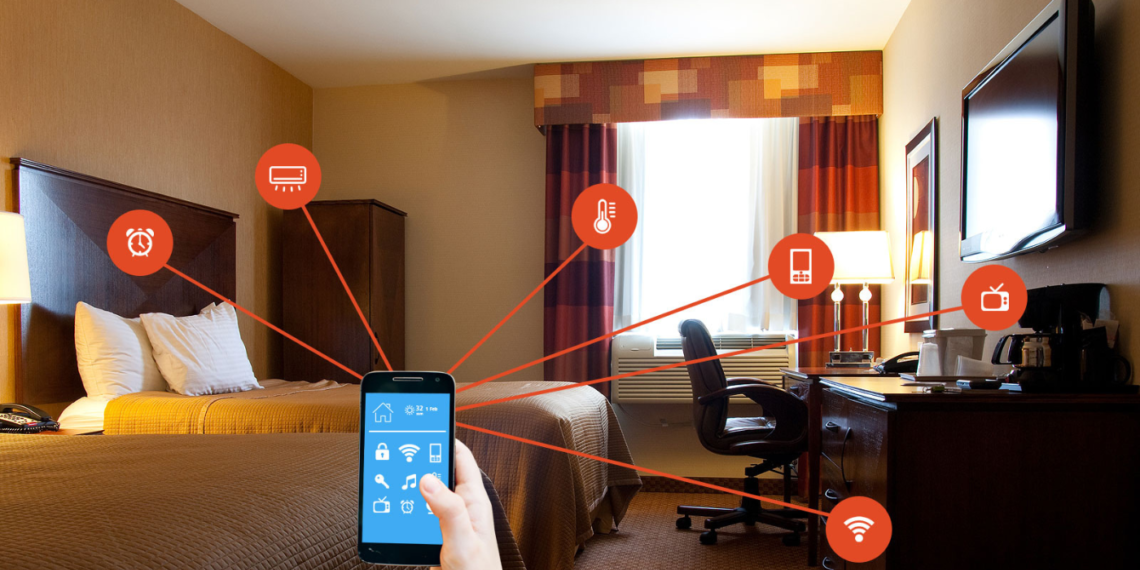
The Internet of Things (IoT) is transforming hotels into intelligent spaces that cater to guest comfort and convenience. IoT-enabled devices, such as smart thermostats, voice-activated assistants, and smart locks, provide a seamless and personalized experience, allowing guests to control room settings and access hotel amenities with ease.
IoT sensors also enable hotels to monitor and adjust energy consumption, contributing to sustainability efforts while reducing operational costs. In this age of connectedness, IoT enhances the guest experience and empowers hotels to deliver more efficient and eco-friendly services.
-
Contactless Technology
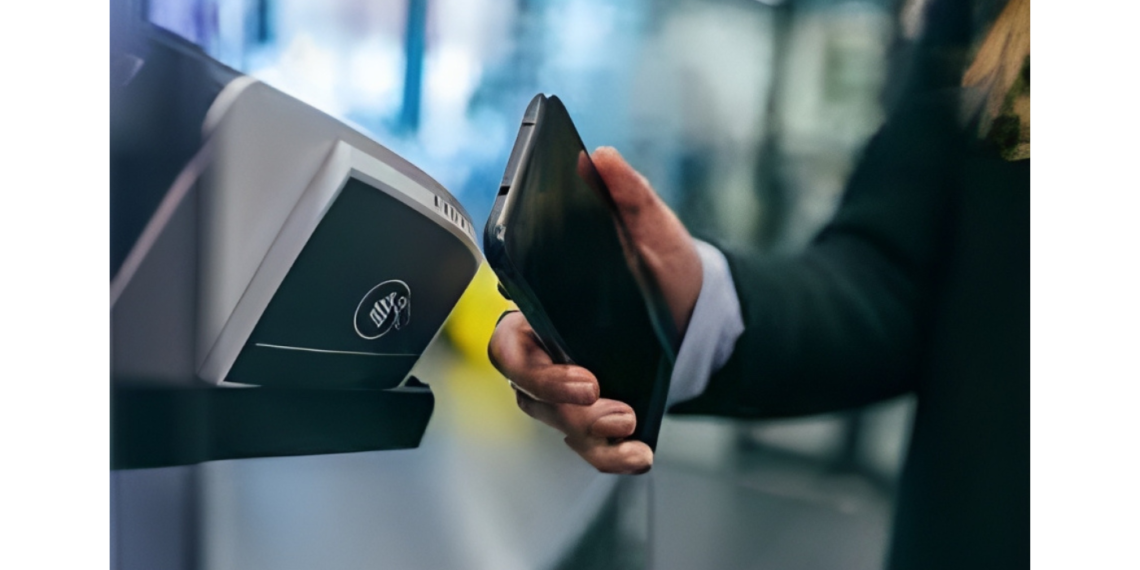
The COVID-19 pandemic has accelerated the adoption of contactless technology in the hospitality industry. From mobile check-ins and digital keyless entry systems to contactless payment options like mobile wallets and QR code payments, these innovations minimize physical contact and offer a seamless, hygienic experience for guests.
Contactless technology has become a cornerstone of health and safety in the industry, providing peace of mind to travelers and ensuring a more efficient and secure check-in and payment process.
-
Enhanced Guest Personalization
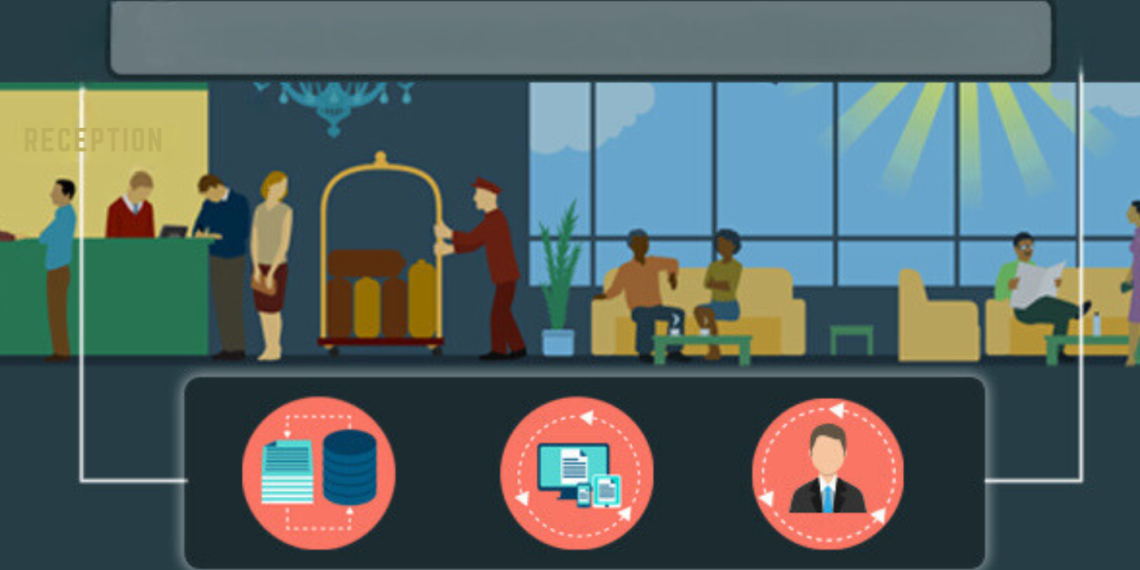
Technology-driven guest personalization has become a hallmark of the hospitality industry. Customer Relationship Management (CRM) systems, data analytics, and guest behavior insights enable hotels to collect and analyze data, gaining a deeper understanding of guest preferences and needs.
Armed with this information, hotels can offer highly personalized recommendations, tailored offers, and customized services, creating unforgettable and unique experiences for every guest.
-
Augmented Reality (AR) and Virtual Reality (VR)
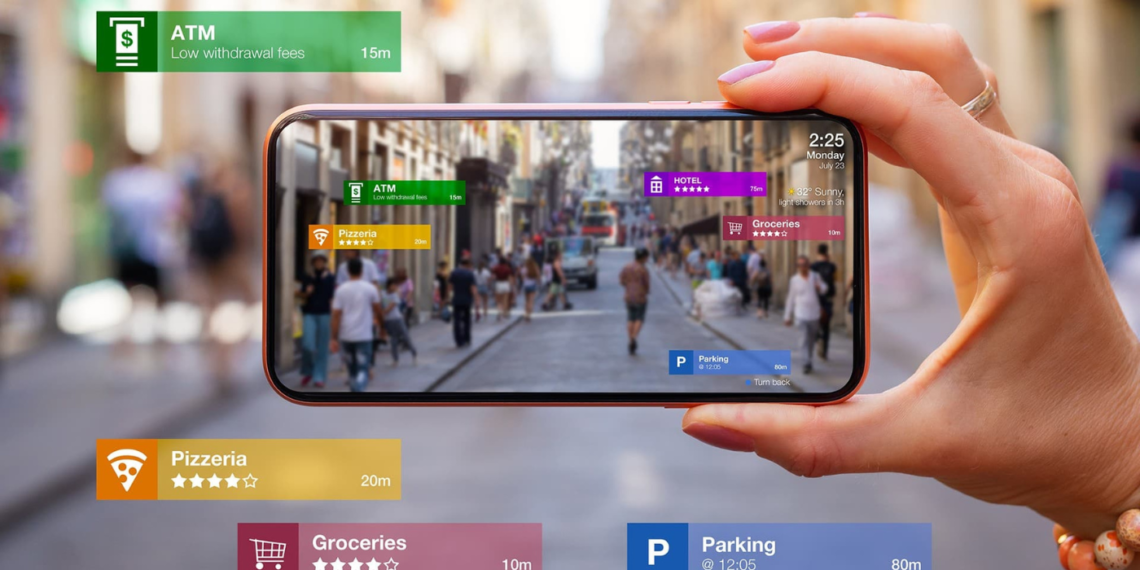
Augmented Reality (AR) and Virtual Reality (VR) technologies have taken guest engagement and exploration to a new level. VR enables guests to remotely experience hotel rooms and amenities through virtual tours, aiding in more informed booking decisions.
AR applications offer interactive experiences, including virtual concierge services and real-time information, elevating guest engagement and satisfaction. These immersive technologies are redefining how guests interact with and experience hotels, enhancing their overall stay.
-
Voice Technology
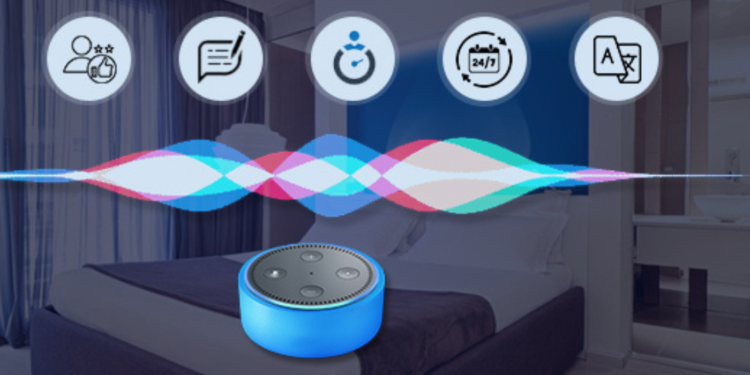
Voice assistants and voice-activated devices are gaining popularity in the hospitality industry, offering guests a new level of convenience. Guests can use voice commands to control room settings, request services, and access information, creating a more intuitive and efficient experience. Voice technology is especially valuable for guests with limited mobility and those seeking hands-free interactions.
-
Blockchain
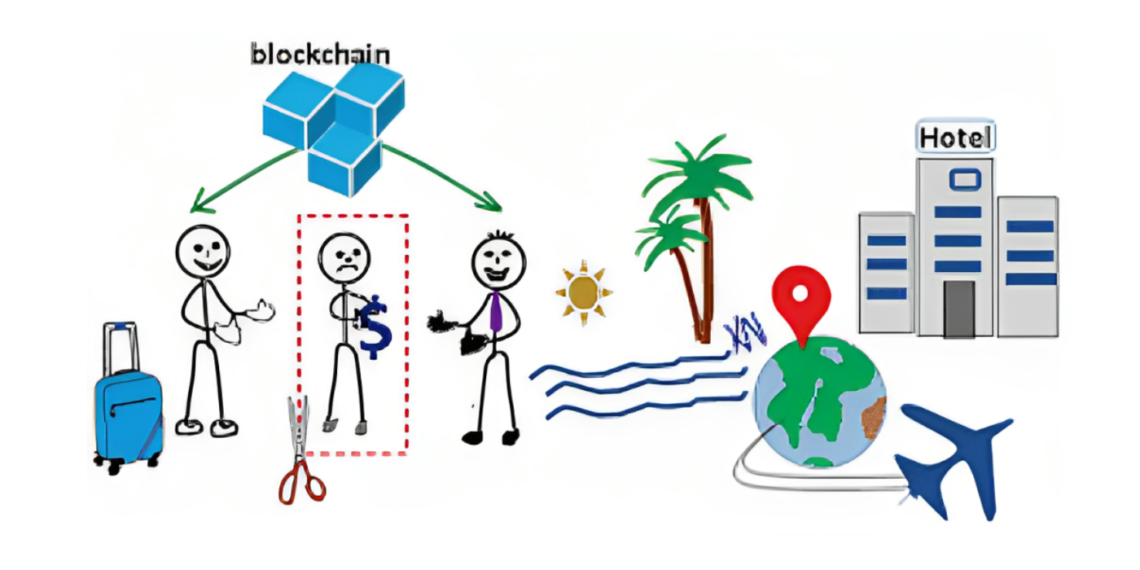
Blockchain technology offers enhanced security, transparency, and efficiency in the hospitality industry. It can be used for secure digital identity verification, simplifying check-in processes and ensuring guest data privacy.
Additionally, blockchain-based smart contracts facilitate secure and transparent transactions, simplifying payment settlements between hotels, travel agencies, and vendors.
-
Sustainability and Green Initiatives
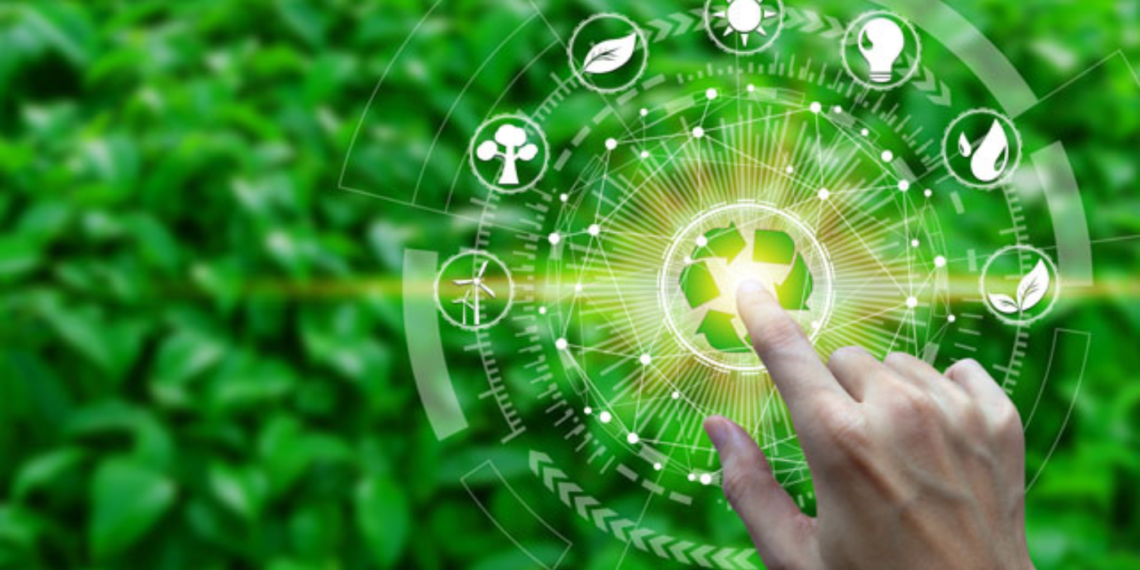
Technology plays a crucial role in advancing sustainability efforts in the hospitality industry. Energy management systems, smart sensors, and IoT devices enable hotels to monitor and optimize energy consumption, reducing their carbon footprint.
Innovative waste management solutions, such as food waste tracking systems and smart recycling bins, help hotels minimize waste and promote sustainable practices.
-
Data Security and Privacy

As technology becomes more integrated into the hospitality industry, ensuring data security and guest privacy is of utmost importance.
Robust cybersecurity measures, data encryption, and compliance with regulations such as the General Data Protection Regulation (GDPR) safeguard guest information. Hotels must prioritize data protection to build trust and maintain guest loyalty.
- Robotics and Automation

Hotels are increasingly employing robotics and automation to streamline operations and improve efficiency. Robotic concierges provide information and assistance to guests, while robotic housekeeping systems automate tasks such as cleaning and room service deliveries.
Automation technologies optimize inventory management, reduce manual errors, and enhance operational workflows, enabling hotel staff to focus on delivering exceptional guest experiences.
Conclusion
The ten innovative technology trends discussed here are transforming the hospitality landscape. Artificial intelligence and machine learning create personalized, efficient experiences. The Internet of Things crafts intelligent spaces for guests, providing unparalleled convenience and sustainability. Contactless technologies offer safe and hygienic interactions. Enhanced guest personalization makes every stay unique, and augmented reality/virtual reality fosters immersive engagement.
Robotic assistance, voice technology, blockchain, and sustainability initiatives ensure a seamless, secure, and eco-conscious experience. Data security and privacy safeguards the trust of guests.
As the hospitality industry continues to navigate the ever-changing landscape of technology, one thing remains clear: innovation is at the core of providing extraordinary experiences for travelers, setting the stage for a future where guests’ needs and aspirations are met with unparalleled precision and care. The future of hospitality is a blend of human warmth and technological sophistication, where each guest is made to feel like the most important guest in the world.
















